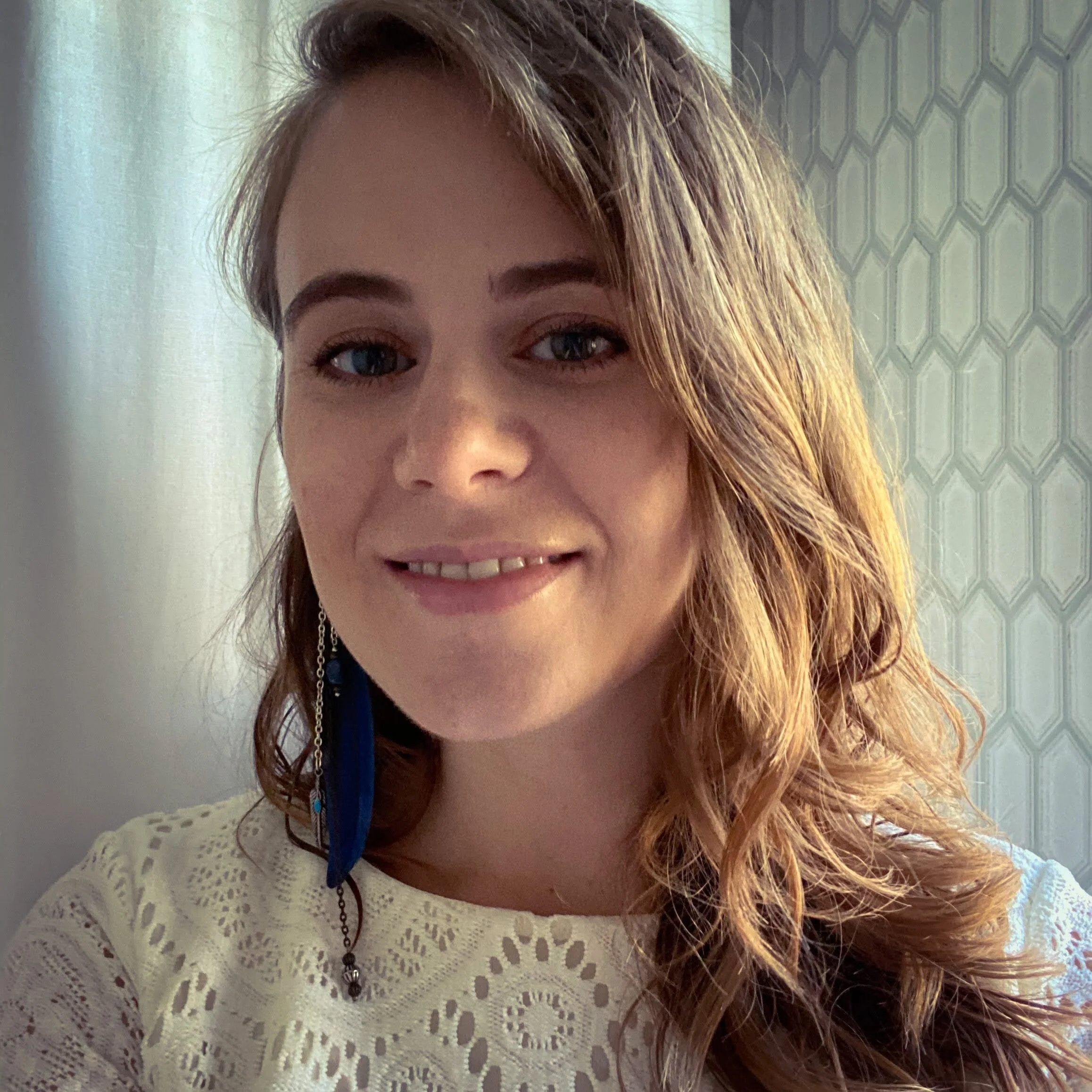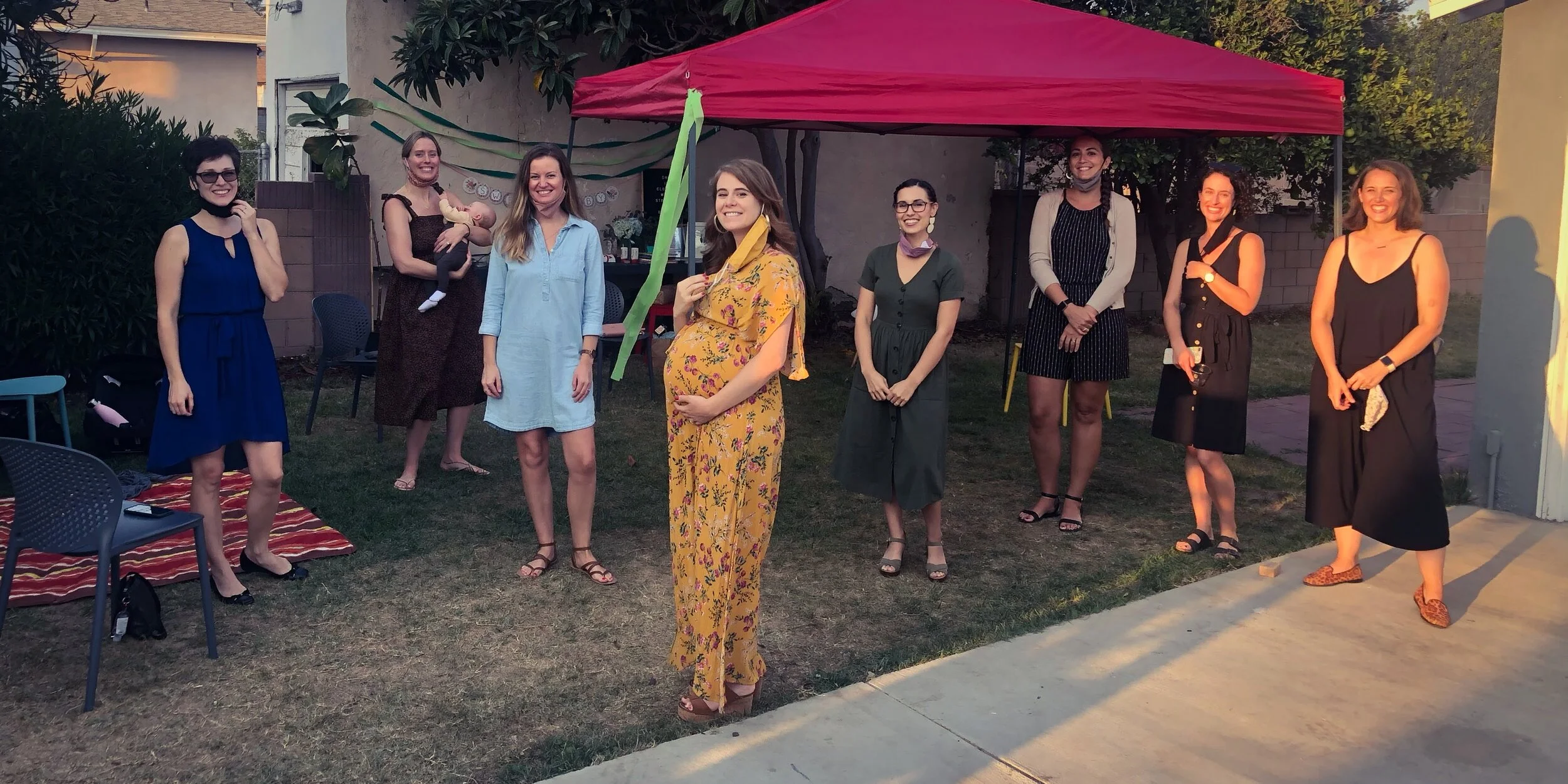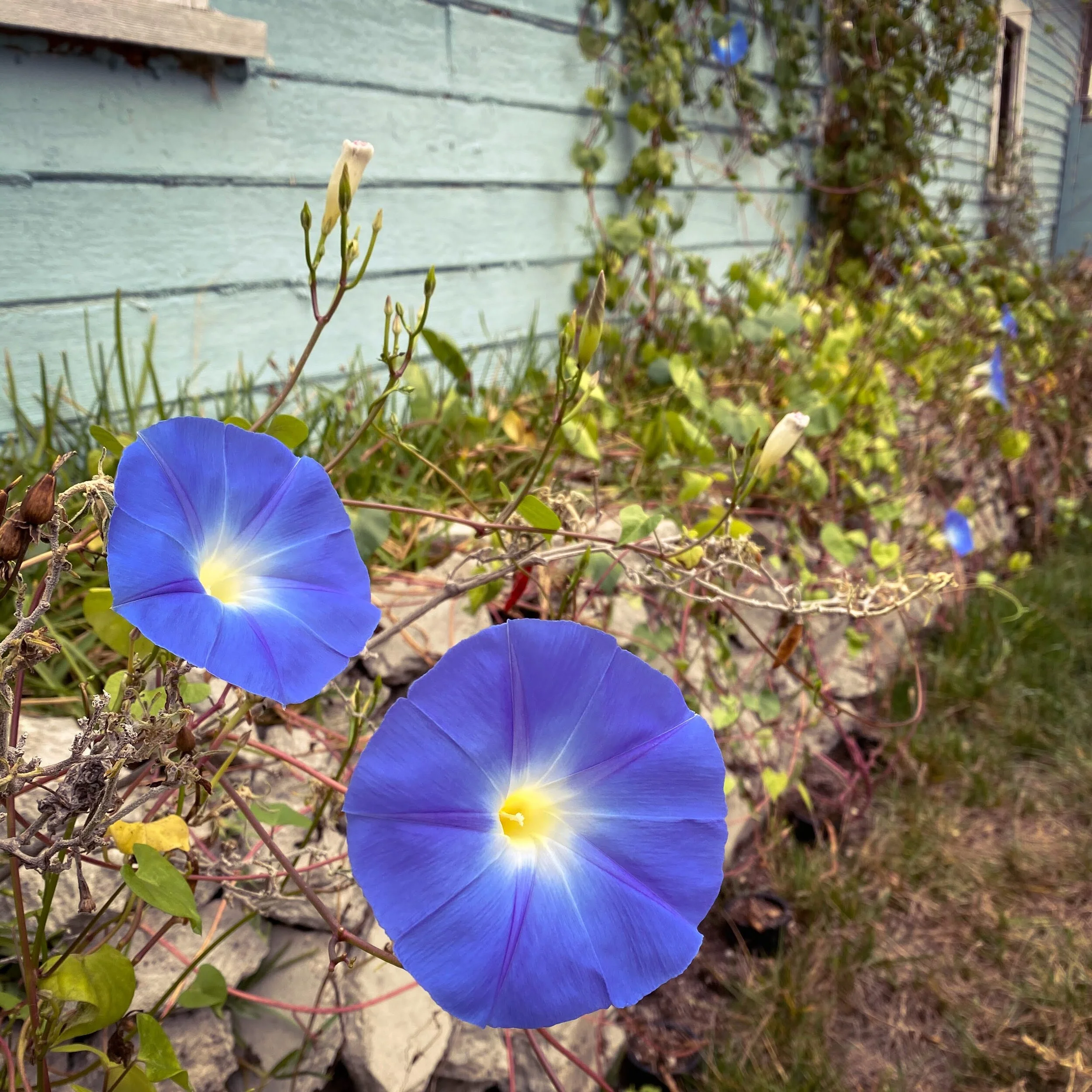
manhood | womanhood conference
may 21, 2022 | cornerstone west los angeles
What is Biblical manhood and womanhood and why does so much of the conversation in the church focus on what we (ok usually women) can and cannot do?
I joined Pastors Brian Colmery and Scott Mehl for an all-day discussion of what the Bible teaches us about men and women in the home, the church, and the world. We offered a positive vision of manhood and womanhood that highlights how God has made us both distinct and unified. As brothers and sisters in the family of God, we are designed to bring our diverse and relative strengths together for the flourishing of our communities—and yes, we took a stab at some new definitions!
Consider this conference our opening serve. It took us 8 hours to set the table, but we are excited for all the conversations that will come as we taste and see the Lord’s goodness together. Take a listen!
Conference Content:
Part 1: What are Men & Women?
Part 2: How Things Go Wrong
Part 3: The Church, The Home, The World
Podcast Follow Ups:
Part 1: Past Church Experiences (Apple, Spotify)
Part 2: Issues Upstream (Apple, Spotify)
Part 3: Practical Application at Cornerstone (Apple, Spotify)

for related content, read my growing Life Series
Part 1: All of Us | Part 2: Nourishing | Part 3: Housing | Part 4: Nurturing | Part 5: Delivering
Other posts…
I’m SO done. And somehow I can’t get enough of it all. Every day I wake up wondering if this will be the last day I ever carry a child.
When you think about God’s deliverance, do you think about childbirth? Do you envision the hands of an experienced midwife, gently massaging new life into this world with poise and wisdom?
God could have used any number of analogies when describing how His people were to relate to Him and to one another. But instead of a corporate hierarchy or military ranks, the most common metaphor used throughout the Bible is family. God uses marital language again and again to help us understand our relationship to Him. And our relationship to fellow Christians? We are mothers and fathers, brothers and sisters, people united into a new kind of spiritual family.
Womanhood has always been deeply connected to how we work. Through almost all of human history, and still in many places around the world today, work has been arranged around the necessary limitations of raising young children.
You kick me now, secure and snuggled while the world burns down. You aren’t exactly timely news to share at work, so I hide you beneath the desk, away from the eye of Zoom, tucked away in the only safe place I know.
Today we reach the final trait that I want to explore in the mothering metaphor. We’ve looked at the ways in which all women are included in the maternal tasks of nourishing and housing life, but in order to dive into the idea of nurturing life, we have to take a step back.
My app tells me that the baby’s sexual organs are forming and it’s crazy to think that vital aspects of this tiny person’s identity are already present. Deep in our child’s DNA is the code for the man or woman to come.
We began working on our version of a victory garden in the early weeks of quarantine. After tearing up some lingering concrete in the backyard, we seeded grass, built a rock wall between our yard and the neighboring garage and starting planting a number of things which we have managed not to kill (mostly).
I feel like She-Ra when I nurse a baby, pouring forth nourishment miraculously made from my own body. Breastfeeding for me feels powerful and delightful and connective. I love nursing my babies. I feel hopelessly inadequate housing one.
Housing another human is my least favorite part of mothering. It’s true, some women describe pregnancy as the time in life when they felt most beautiful. The symptoms of carrying a child can vary so widely from woman to woman that some will find they pale in comparison with the mysterious wonder of the life blooming inside. I delight in hearing these experiences. I rejoice for these women. But I am not one of them.
In a delightful reversal of circumstances, my seven-year-old is reading me a bedtime story while I lay miserably on the couch.
Did you know that the Hebrew word for compassion is related to womb? In Exodus 24, when God calls himself compassionate, He is using a deeply emotional word, one that comes from deep within the gut, a word used often in coordination with the action of forgiveness and rescue.
I have good news for those of you who really don’t vibe with all this earth mama imagery. The point of the mothering metaphor is not for us to go all Moon Goddess, track our cycles to maximize our inner seasons, and homemake everything from soap to lightbulbs.
Is this you right now—in a period of gestation? I have so many daily reminders that something is cooking, but the reality for all of us is that God is always working wonders around us.
For your enjoyment, here’s a pregnancy throwback from those early weeks when everything was still secret.
Antiquity paints a robust image of mothering. If you consider the goddesses of old, mother earth, creation stories, artifacts of global cultures, and more, the pattern is undeniable. Giving birth—the creation of life—is so intrinsic to the feminine experience that for much of history it has been difficult to separate the two.
















When we first started talking about a third baby, I referred to this as my “victory lap.” I knew pregnancy would be an endurance, but I am pretty confident with newborns and couldn’t wait to soak in all the best parts of our last one…